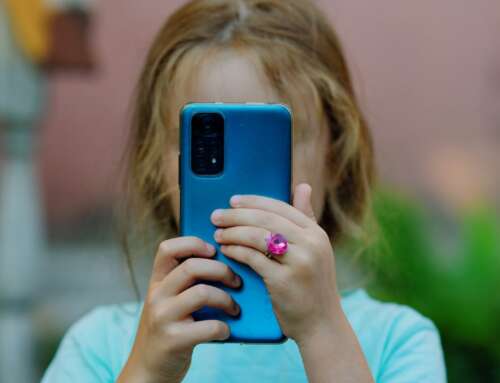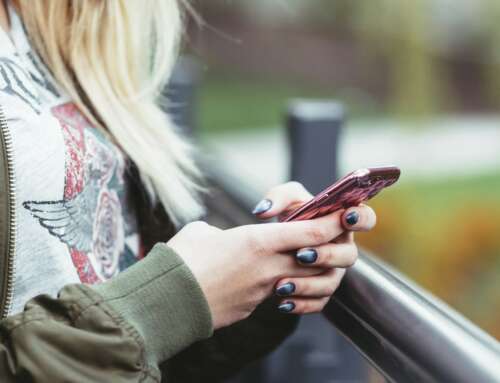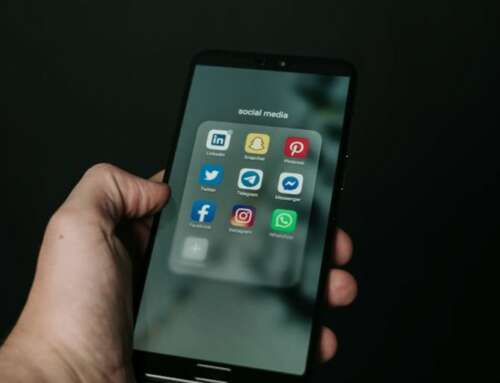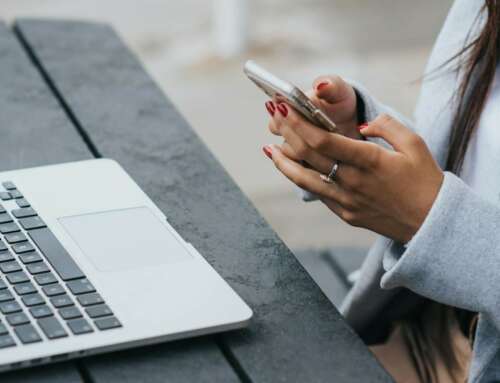At the beginning of this year, I was using my iPhone to browse new titles on Amazon when I saw the cover of “How to Break Up With Your Phone” by Catherine Price. I downloaded it on Kindle because I genuinely wanted to reduce my smartphone use, but also because I thought it would be hilarious to read a book about breaking up with your smartphone on my smartphone (stupid, I know). Within a couple of chapters, however, I was motivated enough to download Moment, a screen-time-tracking app recommended by Price, and re-purchase the book in print.
Early in “How to Break Up With Your Phone,” Price invites her readers to take the Smartphone Compulsion Test, developed by David Greenfield, a psychiatry professor at the University of Connecticut who also founded the Center for Internet and Technology Addiction. The test has 15 questions, but I knew I was in trouble after answering the first five. Humbled by my very high score, which I am too embarrassed to disclose, I decided it was time to get serious about curtailing my smartphone usage.
Of the chapters in Price’s book, the one called “Putting the Dope in Dopamine” resonated with me the most. She writes that “phones and most apps are deliberately designed without ‘stopping cues’ to alert us when we’ve had enough—which is why it’s so easy to accidentally binge. On a certain level, we know that what we’re doing is making us feel gross. But instead of stopping, our brains decide the solution is to seek out more dopamine. We check our phones again. And again. And again.”
Gross was exactly how I felt. I bought my first iPhone in 2011 (and owned an iPod Touch before that). It was the first thing I looked at in the morning and the last thing I saw at night. I would claim it was because I wanted to check work stuff, but really I was on autopilot. Thinking about what I could have accomplished over the past eight years if I hadn’t been constantly attached to my smartphone made me feel queasy. I also wondered what it had done to my brain’s feedback loop. Just as sugar changes your palate, making you crave more and more sweets to feel sated, I was worried that the incremental doses of immediate gratification my phone doled out would diminish my ability to feel genuine joy and pleasure.
Price’s book was published in February, at the beginning of a year when it feels like tech companies finally started to treat excessive screen time as a liability (or at least do more than pay lip service to it). In addition to the introduction of Screen Time in iOS 12 and Android’s digital well-being tools, Facebook, Instagram and YouTube all launched new features that allow users to track time spent on their sites and apps.
Early this year, influential activist investors who hold Apple shares also called for the company to focus on how their devices impact kids. In a letter to Apple, hedge fund Jana Partners and California State Teachers’ Retirement System (CalSTRS) wrote “social media sites and applications for which the iPhone and iPad are a primary gateway are usually designed to be as addictive and time-consuming as possible, as many of their original creators have publicly acknowledged,” adding that “it is both unrealistic and a poor long-term business strategy to ask parents to fight this battle alone.”
The growing mound of research
Then in November, researchers at Penn State released an important new study that linked social media usage by adolescents to depression. Led by psychologist Melissa Hunt, the experimental study monitored 143 students with iPhones from the university for three weeks. The undergraduates were divided into two groups: one was instructed to limit their time on social media, including Facebook, Snapchat and Instagram, to just 10 minutes each app per day (their usage was confirmed by checking their phone’s iOS battery use screens). The other group continued using social media apps as they usually did. At the beginning of the study, a baseline was established with standard tests for depression, anxiety, social support and other issues, and each group continued to be assessed throughout the experiment.
The findings, published in the Journal of Social and Clinical Psychology, were striking. The researchers wrote that “the limited use group showed significant reductions in loneliness and depression over three weeks compared to the control group.”
Even the control group benefited, despite not being given limits on their social media use. “Both groups showed significant decreases in anxiety and fear of missing out over baselines, suggesting a benefit of increased self-monitoring,” the study said. “Our findings strongly suggest that limiting social media use to approximately 30 minutes a day may lead to significant improvement in well-being.”
Other academic studies published this year added to the growing roster of evidence that smartphones and mobile apps can significantly harm your mental and physical well-being.
A group of researchers from Princeton, Dartmouth, the University of Texas at Austin, and Stanford published a study in the Journal of Experimental Social Psychology that found using smartphones to take photos and videos of an experience actually reduces the ability to form memories of it. Others warned against keeping smartphones in your bedroom or even on your desk while you work. Optical chemistry researchers at the University of Toledo found that blue light from digital devices can cause molecular changes in your retina, potentially speeding macular degeneration.
So over the past 12 months, I’ve certainly had plenty of motivation to reduce my screen time. In fact, every time I checked the news on my phone, there seemed to be yet another headline about the perils of smartphone use. I began using Moment to track my total screen time and how it was divided between apps. I took two of Moment’s in-app courses, “Phone Bootcamp” and “Bored and Brilliant.” I also used the app to set a daily time limit, turned on “tiny reminders,” or push notifications that tell you how much time you’ve spent on your phone so far throughout the day, and enabled the “Force Me Off When I’m Over” feature, which basically annoys you off your phone when you go over your daily allotment.
– Catherine Shu, TechCrunch
Read more: We Finally Started Taking Screen Time Seriously in 2018
Image by Marvin Meyer from Unsplash







Leave A Comment